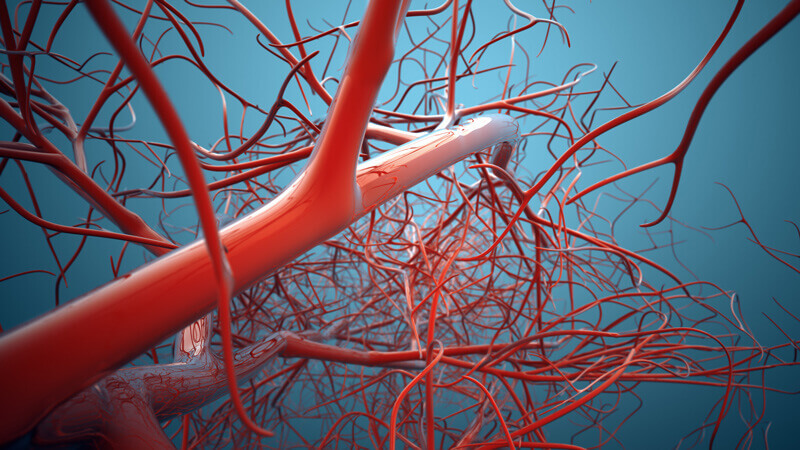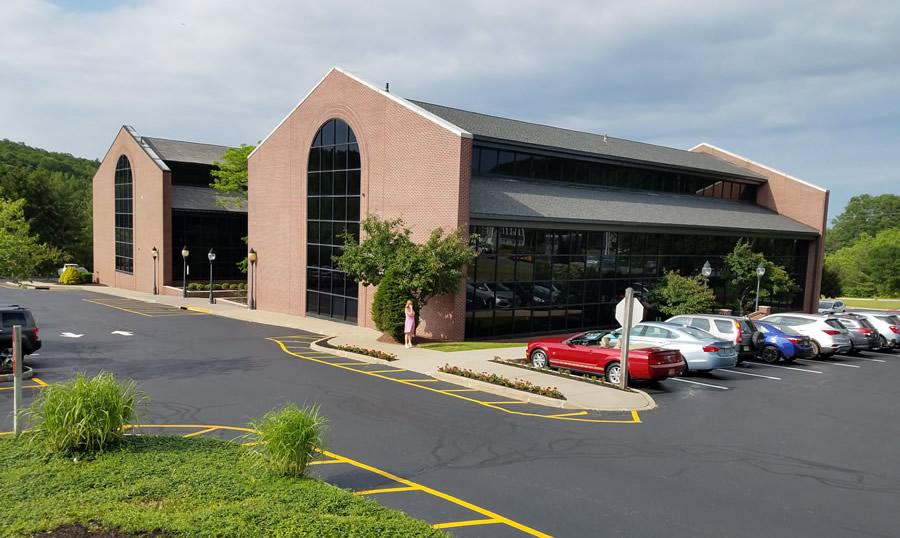Good vein health can’t be achieved overnight. It takes eating the right foods, exercise, and putting aside some bad habits. An estimated 40 million Americans are affected by varicose veins, which is just one type of vein complication. About half of those individuals have a history of varicose veins in their family. Women are the most likely to develop the disease. We have created this guide to vein conditions that could be affecting you.
Common Vein Conditions
While varicose veins are one of the most well-known vein complications, there is a range of other diseases that can affect your vascular system.
Raynaud’s Phenomenon
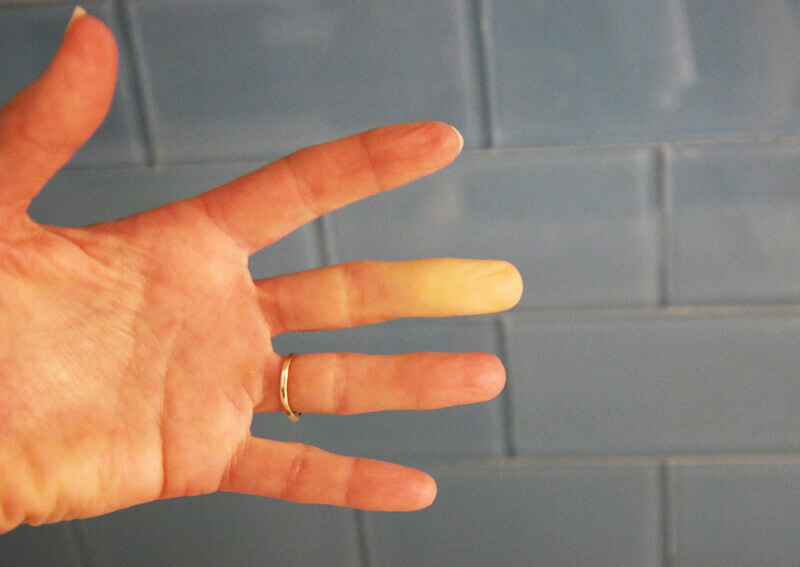
This condition is presented as white or bluish skin in the fingers and toes due to spasms in the small arteries.
Buerger’s Disease
With this malady, you’ll notice a pain in the feet and legs as well as hands and arms. This is brought on by blocked blood vessels.
Peripheral Venous Disease
This disorder initially shows as bulging in the veins under the skin, leading to a feeling of heaviness and pain in the legs.
Peripheral Arterial Disease (PAD)
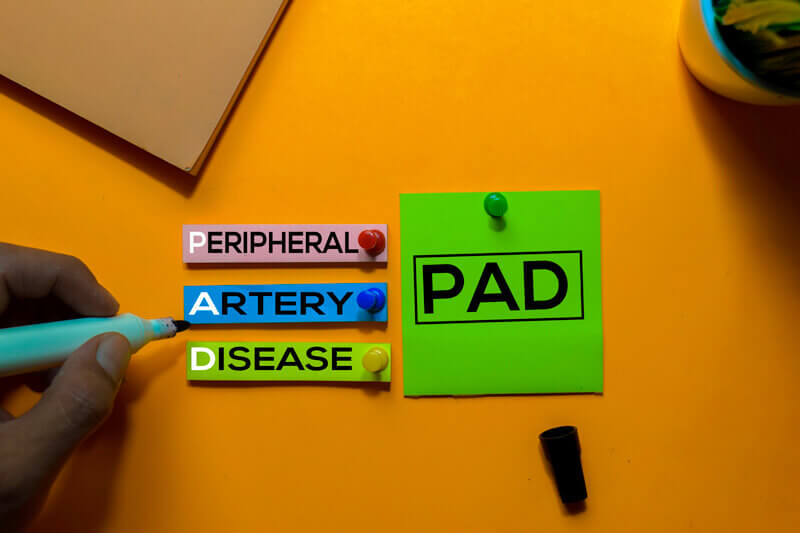
An ailment that causes poor circulation brought on by hardening or narrowing of the artery from smoking, diabetes, high blood pressure, etc
Varicose Veins
Varicose veins are one of the most common vein issues. You’ll notice it by the bulging or purplish veins in the legs due to damaged valves.
Pregnancy Veins
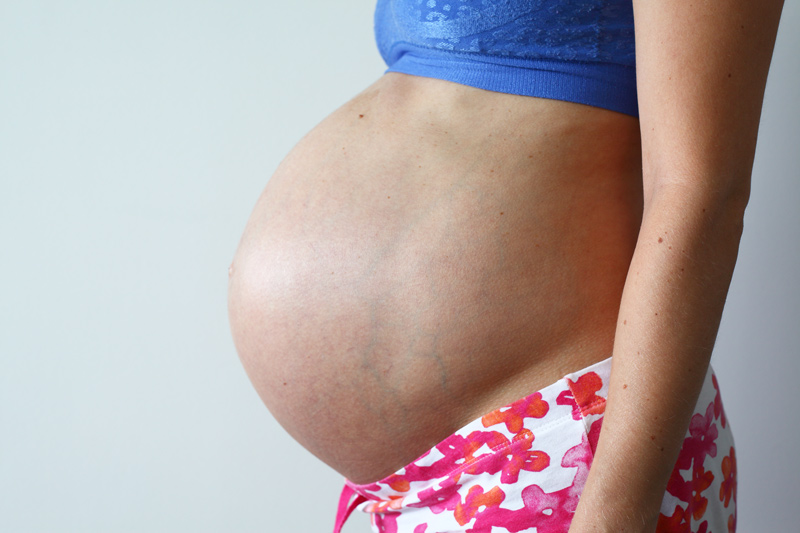
We find that this issue is usually caused by pregnancy, bed rest, or damage to the veins. Pregnancy veins occur due to the increased size of the uterus during pregnancy. The uterus causes pressure on the large vein on the right side of the body, called the vena cava.
Reticular Veins
Usually painless, this condition affects almost 80% of adults due to hormone imbalances, weak veins, and genetic factors.
Blood Clotting Disorders
Whether inherited or acquired, these disorders make it so that blood does not clot normally. When this happens blood can often be found in urine or stool. It may also cause nosebleeds or excessive bleeding during childbirth.
Telangiectasia (Also Known as Spider Veins)
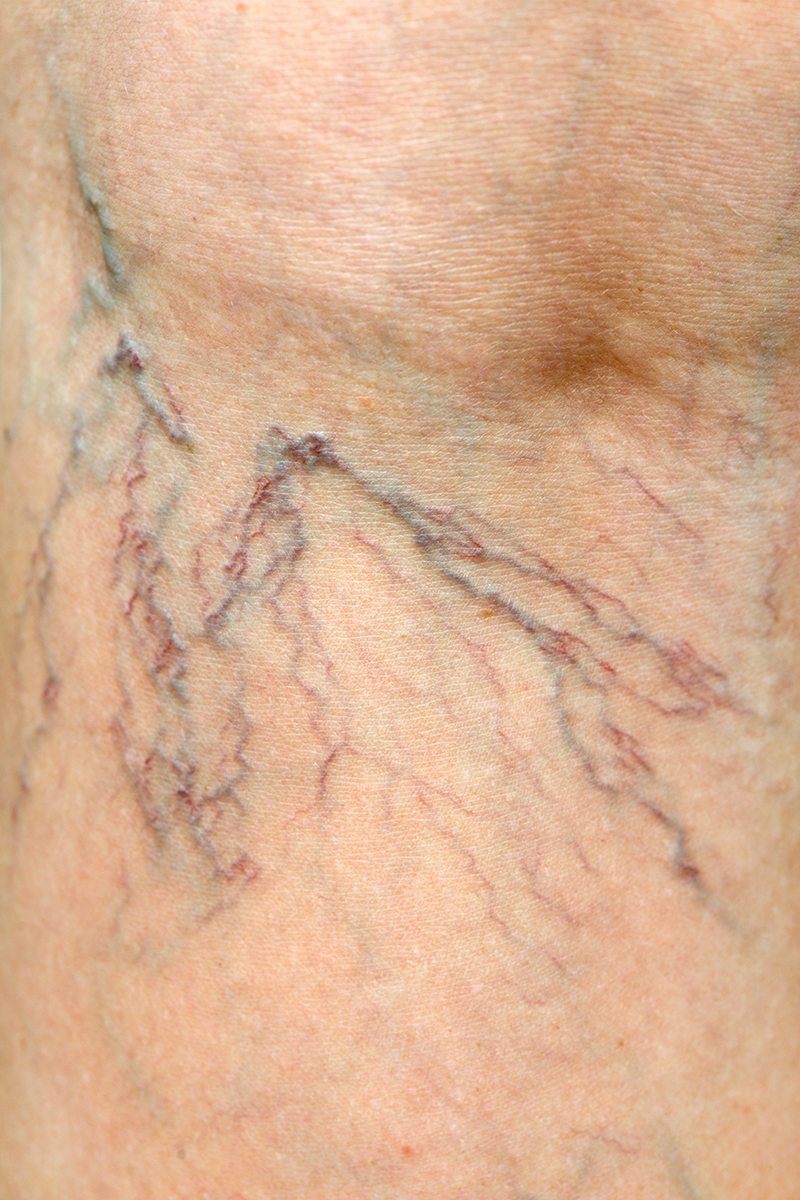
Spider veins are caused by the pressure of body weight, gravity and the tough job of carrying blood back to the heart. You may notice them on the face, breasts, and feet. Almost 60% of adults may have spider veins.
Lymphedema
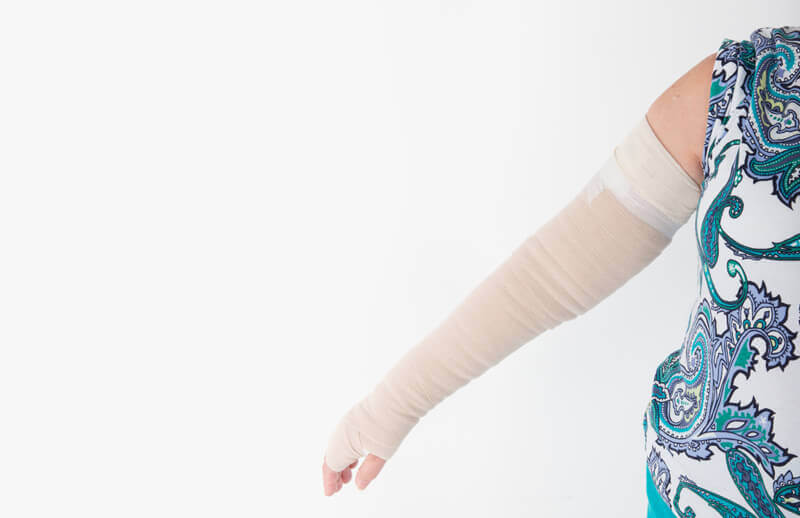
With this condition, fluid from the lymphatic system builds up and causes swollen arms and legs. Most often this is caused by damaged or missing lymph nodes or vessels.
Foods for Maintaining Good Vein Health
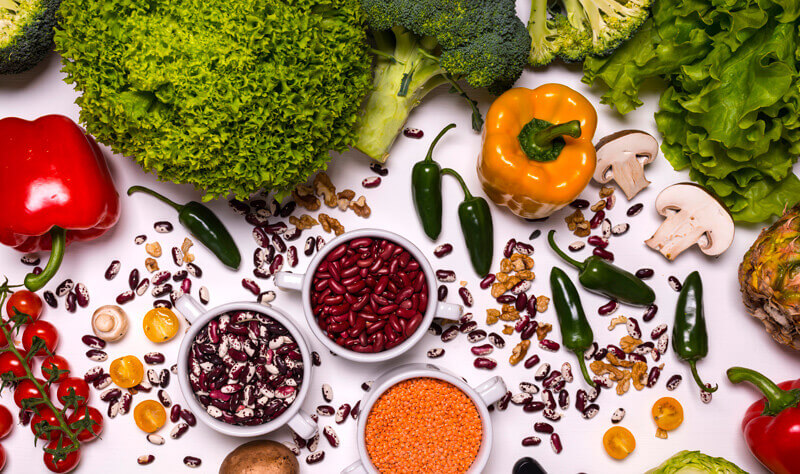
Support good vein health this year by integrating foods that increase and promote blood flow. You can accomplish this by looking for foods that are high in Vitamin C and Vitamin E. Foods like citrus, broccoli, bell peppers, mangos, fish, etc.
It’s also important to include foods like brown rice, leafy greens, chia, and lentils that are high in fiber. Drinking enough water is also important for optimal vein health.
Precautions to Avoid Vascular Conditions
By integrating healthy lifestyle considerations into your day-to-day, such as a healthy diet, regular exercise, and quitting smoking, you can avoid future vascular problems.
If medications are needed to lower cholesterol and regulate your blood pressure, it’s important to take the meds as prescribed to mitigate the occurrence of vascular issues.
Cosmetic Varicose Veins Treatment and Spider Vein Treatment
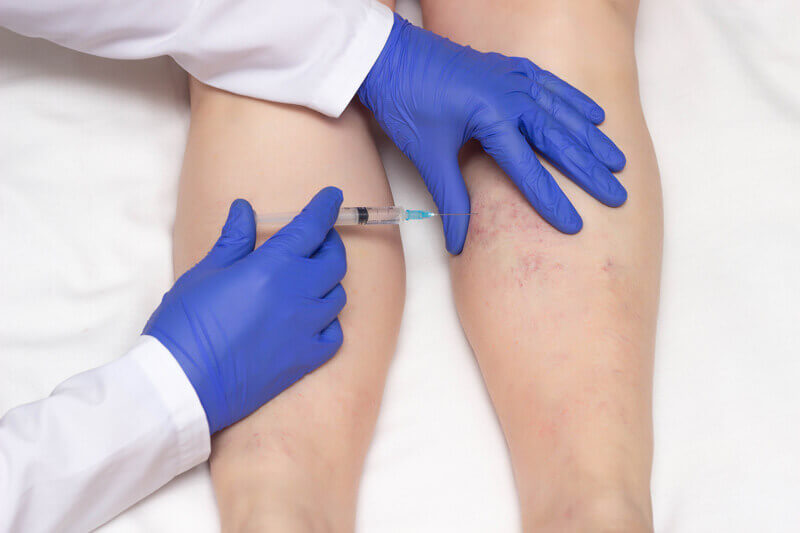
Varicose and spider veins are treatable. Sclerotherapy is often the best method of treatment. This in-office procedure is an easy and painless way to resolve this cosmetic issue.
Other procedures can include stripping, ambulatory phlebectomy, endoscopic vein surgery, and endothermal ablation. Laser surgeries can also help to make the veins fade and disappear under intense light bursts.
Natural Therapies to Cure Vein Conditions
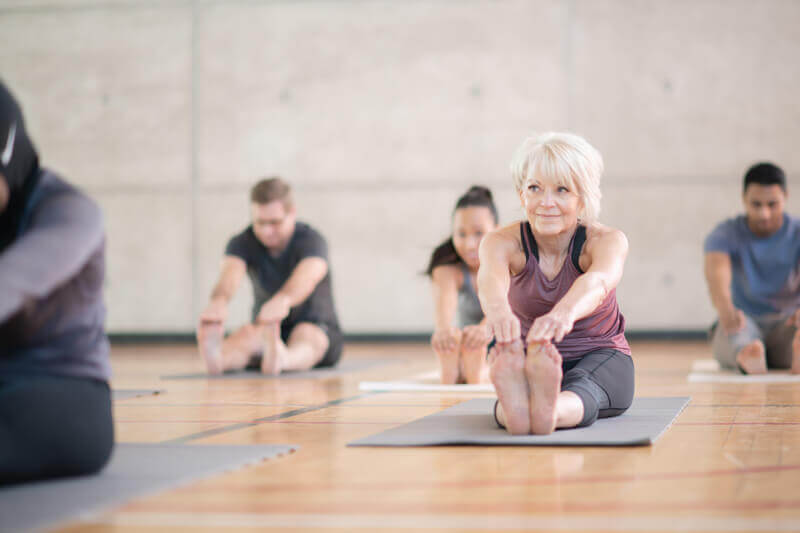
While cosmetic vein treatment is effective, regular exercise, dietary changes, compression stockings, and herbal remedies can guide to improve the symptoms and side effects of some vein conditions.
Doing regular yoga with positions where the lower legs are elevated above the heart helps in relieving symptoms of varicose veins.
Sound sleep also affects your vein health. Just one week of fewer hours of sleep can affect your vein condition.
Guide To Preventing Vein Conditions
The same remedies that help to reduce and eliminate the severity of vein conditions are also the treatments that you should continue even after a vein condition has improved.
Keep moving, eat right, and stop smoking. You may also consider wearing looser clothing and not standing or sitting for long periods of time.
For more information about caring for your veins or how to prevent vascular issues, please contact our office.

